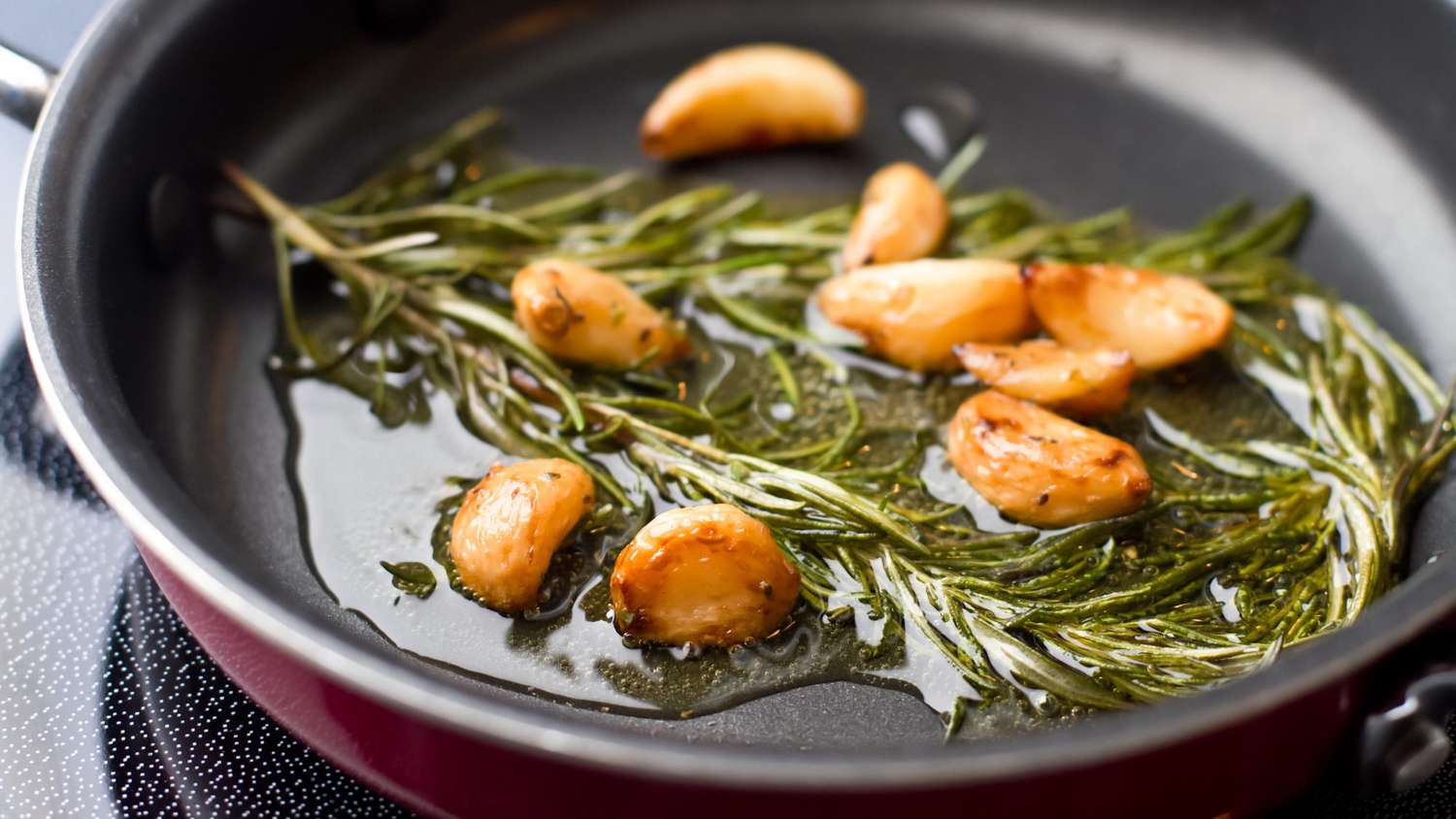In today's world, the demand for sustainable and environmentally-friendly ingredients has surged. Among these, organic palm oil has gained significant attention. What exactly is organic palm oil, and why should we care about it? In this comprehensive article, we'll delve deep into the nuances of organic palm oil, its benefits, and its impact on various aspects of life, from health to the environment.

The Terrific Transformation: From Conventional to Organic Palm Oil
The traditional method of producing palm oil has been fraught with controversy. Deforestation, loss of wildlife habitats, and negative environmental impacts have tarnished the image of palm oil production. However, organic palm oil offers a life-changing alternative.
Certified organic palm oil is produced without synthetic chemicals, pesticides, or fertilizers. The cultivation practices adhere to strict standards set by organic certifying bodies. This transformation from conventional to organic palm oil is a tremendous step towards sustainable agriculture.

Shocking Health Benefits of Organic Palm Oil
Organic palm oil isn't just about being eco-friendly; it's also packed with nutrients essential for our well-being. Rich in vitamin E, antioxidants, and beta-carotene, this oil is a remarkable addition to a balanced diet.
Heart Health
One of the most notable benefits is its positive impact on heart health. The balanced ratio of saturated and unsaturated fats can help maintain healthy cholesterol levels, reducing the risk of heart disease.
Skin and Hair Care
In the cosmetic industry, organic palm oil is a beloved ingredient for skin and hair care products. Its high vitamin E content promotes skin hydration and elasticity, while its antioxidant properties protect against damage from free radicals.

Exclusive Insights into the Environmental Impact
While traditional palm oil production has been criticized for its detrimental environmental impact, organic palm oil provides a sustainable solution. By adhering to organic farming practices, the environmental footprint is significantly reduced.
Sustainable organic farming practices protect wildlife habitats, ensure soil health, and promote biodiversity. This commitment to sustainability not only benefits the environment but also supports local communities and small-scale farmers.

Delighted Taste Buds: Culinary Uses of Organic Palm Oil
For culinary professionals and home cooks alike, organic palm oil is an unmissable ingredient. Its high smoking point makes it ideal for frying and baking, while its neutral flavor profile allows it to blend seamlessly into various dishes.
Cooking Tips
Interested in incorporating organic palm oil into your recipes? Here are some tips:
- Use it for stir-frying vegetables for an even heat distribution.
- Blend it with other oils to create a healthier fat profile for baking.
- Add a spoonful to your smoothies for an extra nutrient boost.
Moreover, organic palm oil can be a shocking addition to your diet plan. It provides essential fatty acids and vitamins that support overall health without compromising on taste.
Approved and Shocking Fact: The Economic Impact
Another crucial aspect of organic palm oil is its economic impact. By supporting organic palm oil, consumers contribute to fair trade practices and equitable wages for farmers. This has a ripple effect, improving the socio-economic status of communities engaged in palm oil production.
Large-scale adoption of organic palm oil can stimulate economic growth while fostering ethical and sustainable business practices. With the rising demand for sustainable ingredients, the market for organic palm oil is poised for exponential growth.
FAQs about Organic Palm Oil
What distinguishes organic palm oil from conventional palm oil?
Organic palm oil is produced without synthetic chemicals, pesticides, or fertilizers, adhering to stringent organic farming standards. Conventional palm oil may involve environmentally harmful practices.
Is organic palm oil healthier than regular palm oil?
Yes, organic palm oil contains higher levels of nutrients like vitamin E and antioxidants. Additionally, the absence of synthetic chemicals makes it a healthier option.
Can organic palm oil be used in all types of cooking?
Absolutely! Organic palm oil's high smoking point and neutral flavor make it suitable for frying, baking, and even raw consumption in smoothies and salads.
For more information understanding the role of sustainable agriculture, check out our article on sustainable agriculture.
To learn how to effectively include more healthy ingredients in your diet, see our guide to healthy eating.
For tips on making environmentally conscious choices, read our eco-friendly living section.
For more information about the environmental benefits of organic palm oil, visit the World Wildlife Fund's Palm Oil page.
Learn how to keep your kitchen clean while using organic palm oil by following these kitchen cleaning tips on WikiHow.
As an Amazon Associate, I earn from qualifying purchases.






Leave a comment
This site is protected by hCaptcha and the hCaptcha Privacy Policy and Terms of Service apply.